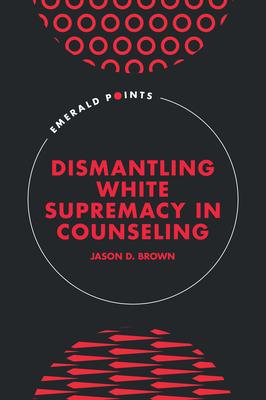The rise of White nationalism has been a global phenomenon, drawing more attention to race and racism, and creating a heightened sense of White identity. As demographics in North America shift, White people are becoming increasingly aware of the racist structures and sentiments that have been embedded in society for centuries. While mainstream political rhetoric appears moderate on the surface, it also appeals to extremist views. There is an increase in hate speech and hate crime targeting members of equity-deserving groups.
White therapists and clients are overrepresented as counsellors and psychotherapists, while Indigenous, Black and People of Colour are significantly underrepresented. Multicultural counseling often tends to prioritize "others" from "different cultures", while the training in multicultural practice crucial it tends to underemphasize systemic forces. Social justice considers power differentials and systemic contributors, but with a broad focus on anti-oppressive practice. Antiracist practice explicitly targets White supremacy and its effects on marginalized communities. There is relatively little written for White therapists about how they and their White clients can dismantle White supremacy.
Structural barriers rooted in White supremacy have a detrimental effect on all people, but the most disadvantaged are Indigenous, Black, and People of Colour. By drawing attention to this issue, and building support among White practitioners, Jason Brown aims to dismantle White supremacy in professional activities with clients, in the profession itself, and in public policy.
